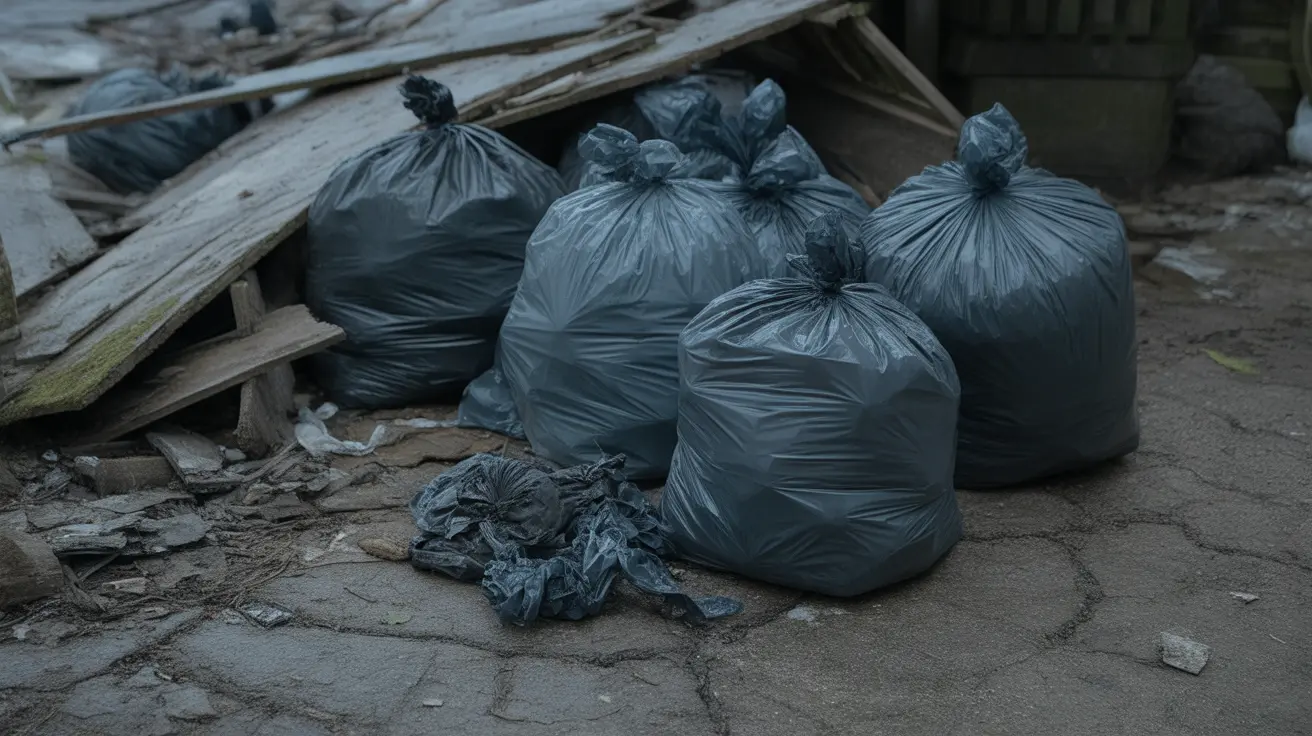Why Pecans and Other Nuts Are Dangerous for Dogs
While humans enjoy various types of nuts as part of a healthy diet, many of these treats can pose serious health risks to dogs. In particular, pecans are highly toxic to dogs. Though they are nutrient-rich for people, they contain substances and characteristics that make them potentially dangerous for canine companions. Here's what every dog owner should know about nuts—especially pecans—and why they should be kept far from your pet's reach.
Why Are Pecans Toxic to Dogs?
Pecans contain a compound called juglone, which can be harmful to dogs when ingested. Additionally, their high fat content, mold risk, and tendency to cause physical blockages contribute to their toxicity.
- Juglone: This substance can be toxic to dogs, affecting their digestive and nervous systems.
- Mold Contamination: Pecans often harbor Aspergillus mold, which produces mycotoxins and aflatoxins. These toxins can cause neurological symptoms like tremors and seizures.
- High Fat Content: Even fresh, uncontaminated pecans contain a high level of fats, which can lead to pancreatitis in dogs.
- Choking and Obstruction Risk: When eaten whole or with shells, pecans can cause choking or intestinal blockages — risks that may require surgical intervention.
Symptoms of Pecan Ingestion
Dogs that have eaten pecans, especially in large quantities or moldy conditions, may exhibit the following signs:
- Vomiting
- Diarrhea
- Loss of appetite
- Abdominal pain
- Lethargy or weakness
- Increased urination
- Tremors or seizures
If your dog shows any of these symptoms after consuming pecans, it's critical to contact a veterinarian immediately.
Other Nuts Also Harmful for Dogs
While pecans are particularly toxic, several other nuts should also be avoided entirely:
- Macadamia Nuts – Can cause vomiting, tremors, fever, and weakness, even in small quantities.
- Hickory Nuts and Black Walnuts – Typically contaminated with mold producing harmful mycotoxins.
- Pistachios – High fat content and mold risks make them unsafe.
Even nuts considered less harmful (like peanuts or almonds) can still pose risks:
- High-calorie content contributing to obesity.
- Potential choking hazard especially in small dogs.
- Digestive upset including stomach discomfort and diarrhea.
What To Do If Your Dog Eats Pecans
If your dog consumes pecans or a food product containing them:
- Do not induce vomiting or medicate without veterinary guidance.
- Monitor your dog for signs of illness—especially in cases where large volumes or moldy nuts were consumed.
- Seek immediate veterinary help if your dog is small, young, elderly, or has underlying health issues.
Safe Treat Alternatives for Dogs
Instead of giving your dog nuts, consider safer snacks that provide health benefits:
- Plain carrot sticks
- Apple slices (without seeds)
- Cooked lean meats (like chicken or turkey)
- Commercial dog treats formulated for canine nutrition
Remember, any treats—even the safe ones—should make up less than 10% of a dog’s daily caloric intake.
Prevention Tips
Keep your dogs safe from nut toxicity by following these preventive measures:
- Secure all nuts in closed storage containers, out of your dog’s reach.
- Clean up pecans from yards or environments where they naturally fall.
- Be vigilant if you have pecan trees or live in areas with nut-bearing flora.
- Educate all household members about the dangers of feeding nuts to pets.
Conclusion
Though nuts are a nutritious snack for people, many—including pecans—are potentially dangerous for dogs. Their combination of toxicity, fat content, and choking hazard make them a food group worth avoiding entirely in pet diets. By recognizing signs of ingestion and choosing safer treat alternatives, pet owners can help protect their dogs from accidental poisoning and other health complications.





